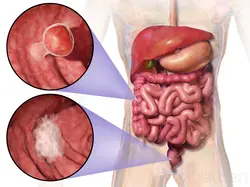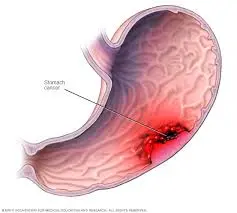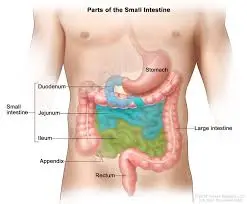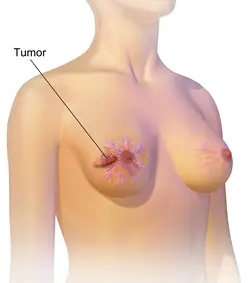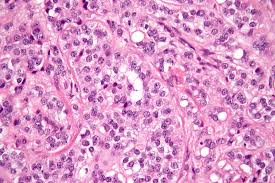Introduction:
What is Peutz-Jeghers Syndrome (PJS)?
Peutz-Jeghers Syndrome (PJS) is a rare but serious hereditary genetic disorder characterized by:
- Hamartomatous polyps in the gastrointestinal (GI) tract.
- Dark pigmented spots (melanotic macules) on the lips, mouth, fingers, and skin.
- A significantly increased risk of gastrointestinal and extraintestinal cancers.
The syndrome is most often caused by a mutation in the STK11 gene (also known as LKB1), which plays a vital role in controlling cell growth and preventing tumor formation. Because of its hereditary nature, genetic testing for PJS is crucial for diagnosis, management, and cancer prevention.
Why Genetic Testing Matters in PJS
Genetic testing is a powerful diagnostic tool that helps:
- Confirm the presence of STK11 mutations.
- Identify at-risk family members who may inherit the syndrome.
- Guide surveillance strategies, including colonoscopy, endoscopy, and imaging.
- Support reproductive decisions for couples considering preimplantation genetic diagnosis (PGD).
- Prevent cancer development through early detection and risk management.
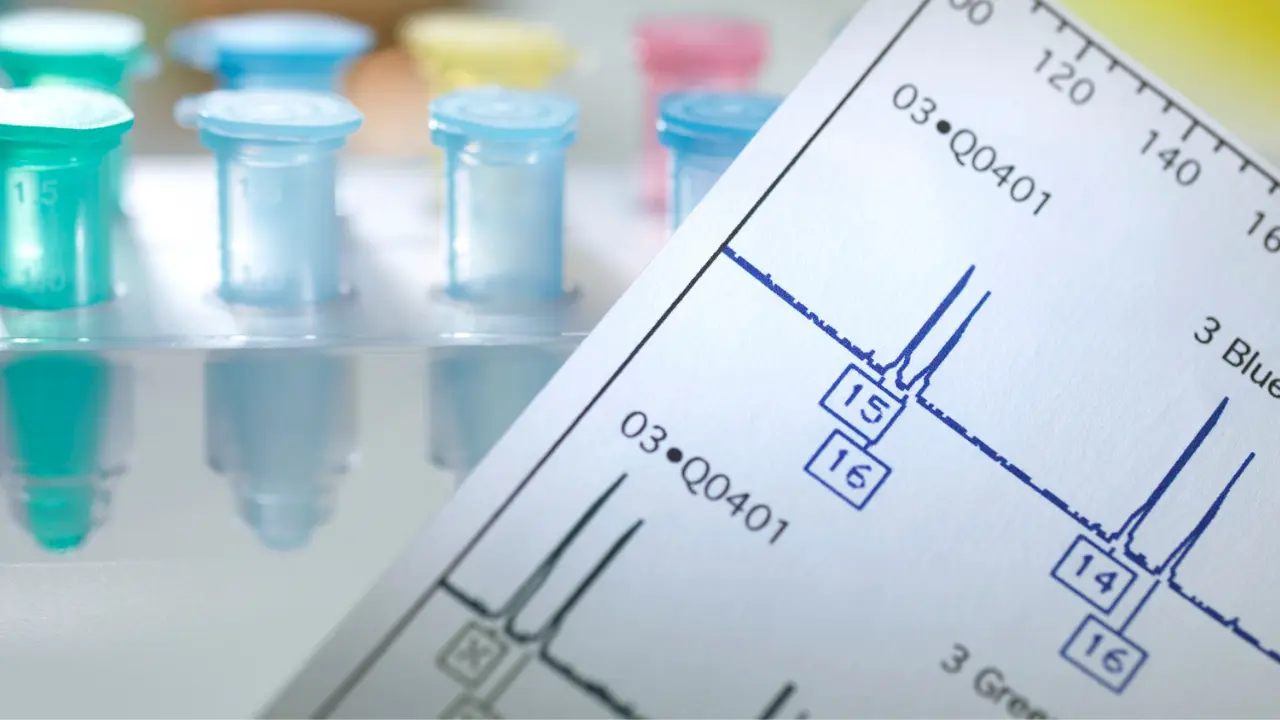
Who Should Consider Genetic Testing for PJS?
Genetic testing for PJS is recommended if you or your family members experience:
- Multiple hamartomatous polyps in the stomach, small intestine, or colon.
- Family history of gastrointestinal or gynecological cancers.
- Mucocutaneous pigmentation (dark spots on lips, mouth, fingers).
- Unexplained intestinal obstruction at a young age.
Because PJS is inherited in an autosomal dominant manner, each child of an affected parent has a 50% chance of inheriting the condition.
The Genetic Basis of Peutz-Jeghers Syndrome
The STK11/LKB1 gene is located on chromosome 19p13.3 and functions as a tumor suppressor. Mutations in this gene disrupt normal cellular regulation, leading to:
- Formation of benign polyps (which may cause bleeding, obstruction, or intussusception).
- Higher lifetime risk of pancreatic, colorectal, breast, cervical, ovarian, and lung cancers.
How is Genetic Testing for PJS Performed?
- Genetic Counseling : A consultation with a genetic counselor or medical geneticist to evaluate personal and family history.
- Sample Collection : Usually a simple blood test or saliva sample.
- DNA Sequencing : Next-generation sequencing (NGS) or targeted gene testing identifies mutations in the STK11 gene.
- Interpretation of Results : Positive, negative, or variants of uncertain significance (VUS).
- Family Testing –:If a mutation is identified, cascade testing of relatives can be offered.
Benefits of Early Genetic Diagnosis
Early Intervention : Polyps can be removed before complications occur.
Cancer Surveillance : Regular endoscopic and imaging surveillance to detect tumors early.
Personalized Care : Tailored treatment and prevention strategies.
Family Awareness : Relatives can undergo predictive testing.
Reproductive Options : Preimplantation genetic diagnosis (PGD) or prenatal testing.
Cancer Risks Associated with PJS
Individuals with Peutz-Jeghers Syndrome have increased risks for multiple cancers:
Colorectal cancer Read more
Pancreatic cancer Read more
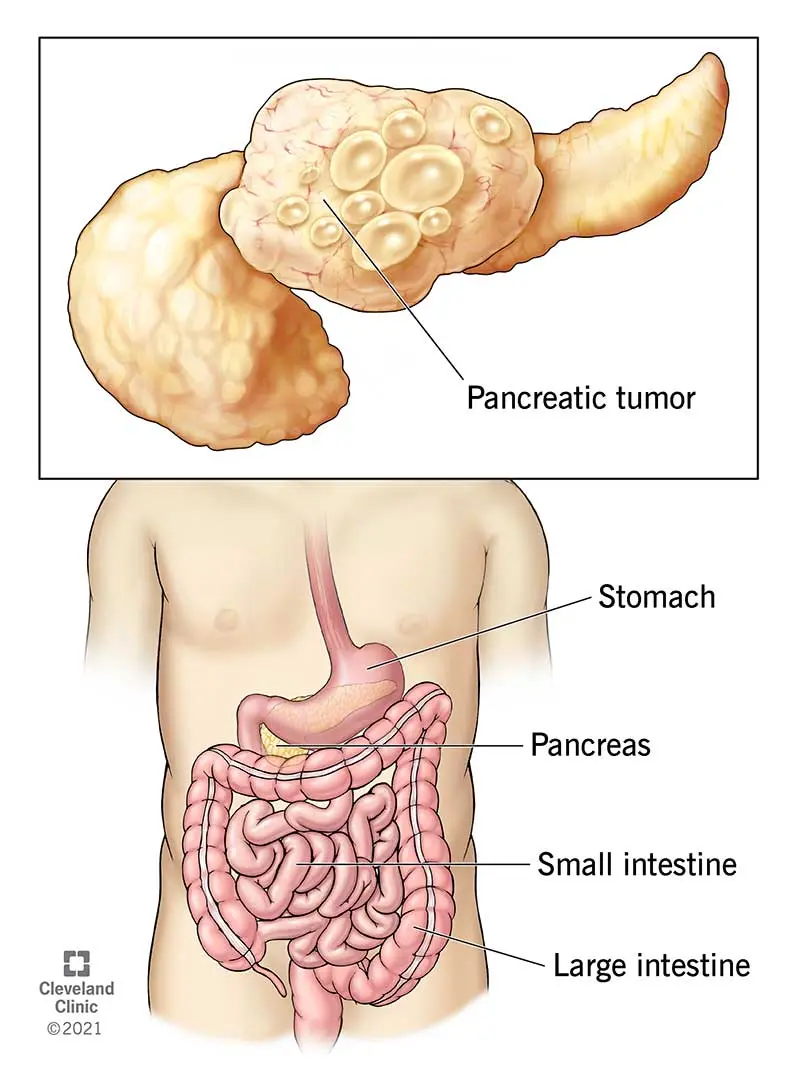
Gastric cancer Read more
Small intestine cancer Read more
Breast cancer Read more
Cervical, ovarian, and uterine cancers Read more
Testicular tumors (Sertoli cell tumors) Read more
Screening and Surveillance Guidelines for PJS
International guidelines recommend:
- Endoscopy and Colonoscopy every 2–3 years (starting in childhood).
- Pancreatic cancer screening with MRI or endoscopic ultrasound.
- Breast MRI/mammogram starting at age 25 for women.
- Gynecological surveillance for women due to ovarian and cervical risks.
- Testicular exams and ultrasound for males during puberty.
Genetic Counseling and Family Planning
Genetic counseling is a cornerstone in managing PJS:
- Discuss inheritance risks with families.
- Offer reproductive options such as IVF with PGD.
- Support psychological wellbeing, as genetic conditions can cause anxiety.
Future Directions:
Research and Emerging Therapies
Research on PJS and genetic medicine is evolving:
- Targeted therapies for STK11-related cancers.
- CRISPR-Cas9 gene editing as a potential future treatment.
- Biomarker discovery for earlier cancer detection.
- Improved surveillance technologies like AI-based imaging.
Conclusion:
The Importance of Genetic Testing in PJS
Genetic testing for Peutz-Jeghers Syndrome is not only a diagnostic tool but also a lifesaving strategy for managing cancer risk, improving quality of life, and protecting families.
By identifying STK11 mutations early, individuals can take proactive steps in screening, surveillance, and prevention, ensuring better outcomes.

